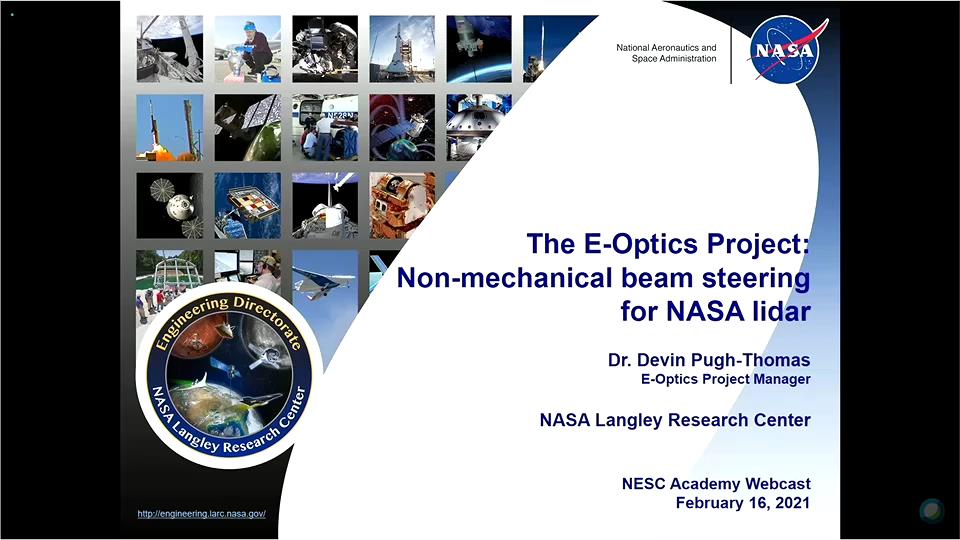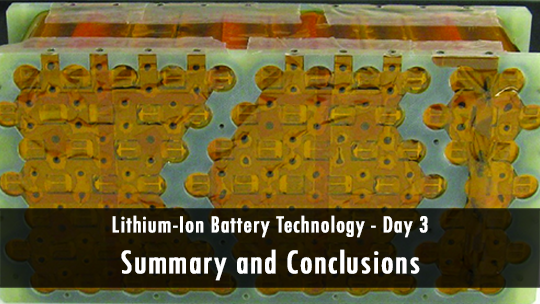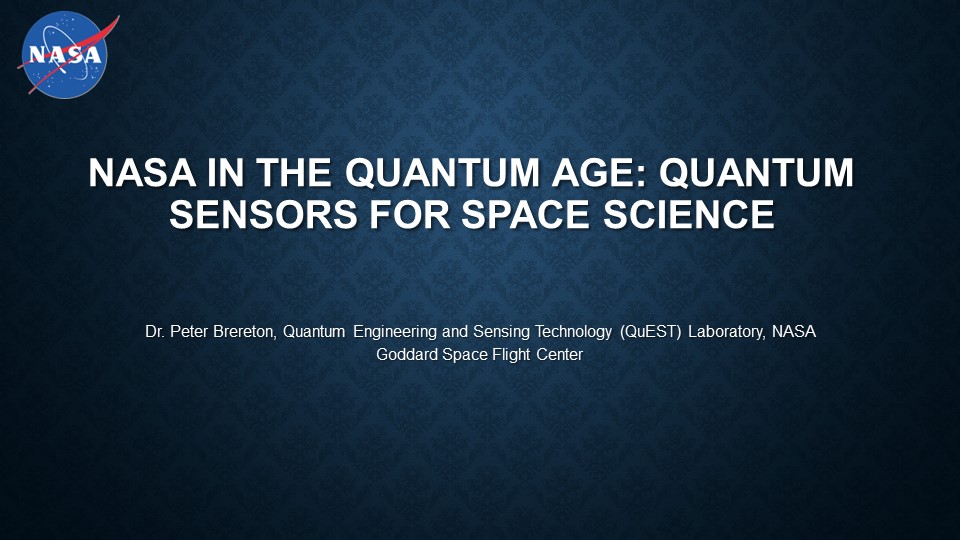CAL: NASA’s Cold Atom Lab Operating Onboard the ISS
Abstract:
The Cold Atom Lab (CAL) launched to the International Space Station in May 2018, and has been operating since then as the world’s first multi-user facility for the study of ultra-cold atoms in space. The unique microgravity environment of the ISS allows researchers to achieve exceptionally low temperature gases, to study and utilize their quantum properties in an environment free from the perturbing force of gravity, and to observe and interact with these gases in the essentially limitless free-fall of orbit. A recent upgrade to CAL has also enabled the study of atom interferometry (AI) in space. Precision spaceborne AIs are expected to become an enabling quantum technology for a variety of fundamental and applied physics research areas which range from novel tests of the validity of the weak equivalence principle, measurements of the fine structure and gravitational constants, and detection of gravity waves and dark matter/dark energy, to next-generation accelerometers and rotation sensors for advanced PNT capabilities. We will discuss our efforts at JPL to provide pioneering, microgravity enabled quantum gas research capabilities with CAL, to demonstrate AI for the first time in space, and to mature this technology for future mission opportunities. The impact from this work, and potential for follow-on studies, will also be reviewed in the context of future space-based fundamental physics missions. This research was carried out at the Jet Propulsion Laboratory, California Institute of Technology, under a contract with the National Aeronautics and Space Administration.


